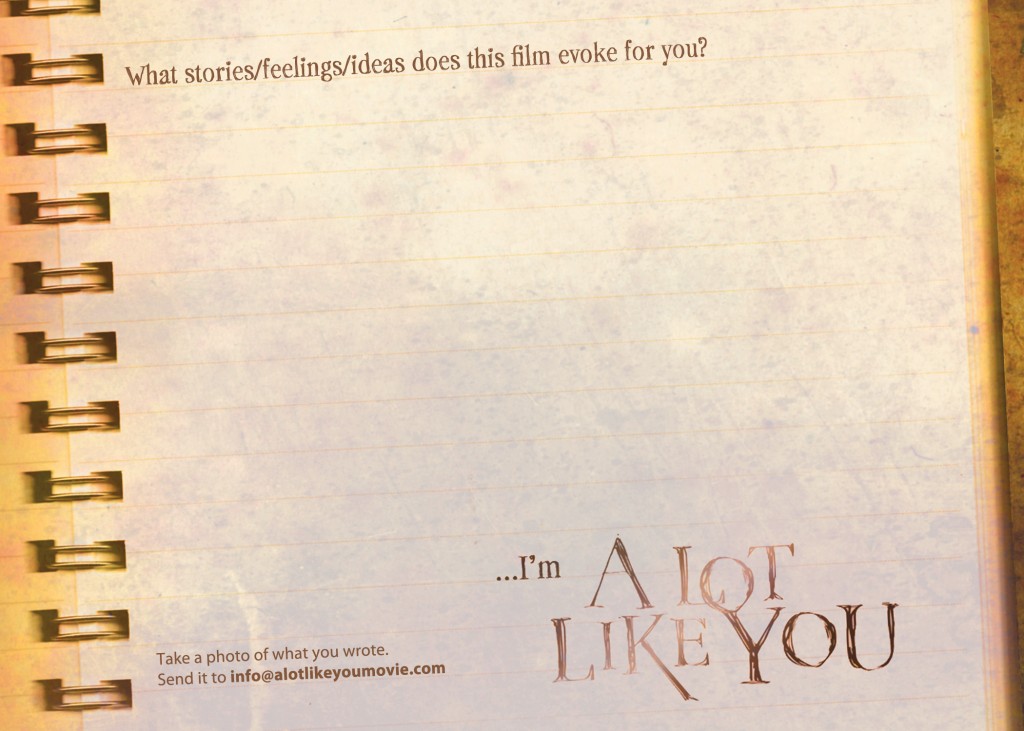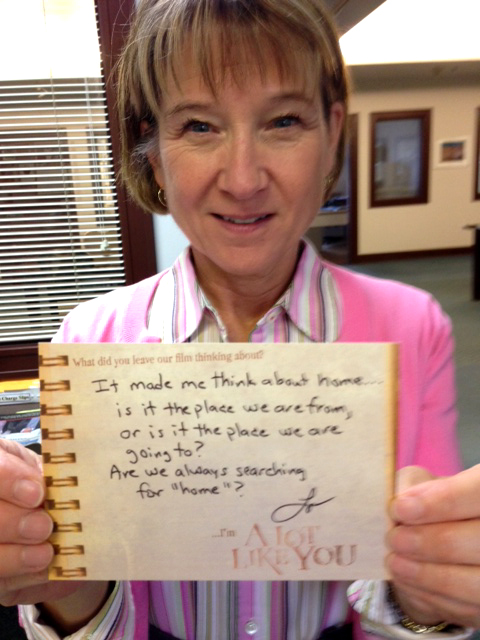NAMAC Reviews ALLY Campaign
February 28, 2013from National Alliance for Media Arts and Culture (NAMAC):
Engaging Audiences: Two Brief Case Studies
Last month, I participated in an online, social engagement chat around the documentary film A Lot Like You. The chat, hosted by AfroPop/Black Public Media and the Center for Asian American Media, was held on ITVS’ OVEE platform. OVEE is a new social screening platform for watching your favorite PBS and local public television programs. People from everywhere, locally, nationally, internationally, can join OVEE chats to watch films collectively, share responses, or even pose questions via live chat to the filmmakers or producers in attendance.

A Lot Like You (ALLY) shares the story of Eliaichi Kimaro, a mixed-race, first-generation American with a Tanzanian father and Korean mother who is searching for a stronger connection to her African roots. I was drawn to director Eliaichi Kimaros’ film because of the complexities of the issues raised, and because of the ways her team is engaging audiences around these issues. The interactive component on ALLY’s website allows people from everywhere to join the conversation around the sensitive subjects of interpersonal violence and racial and cultural identities. Users are invited to download this picture, write on it reflections inspired by the film, take a photo of what they wrote, and mail it in to the site admin. Together, these personal images populate a gallery on the website, that due to its aesthetic design, looks something like Instagram with a message. The images and text are also uploaded to the ALLY blog, which helps to make the handwriting clear and the message pop. ALLY’s website is a clear example of how communities can engage in virtual conversation that helps support one another.
In my experience, I’ve found storytelling satisfies the human need for connection. People want to share and be heard, so what better way to activate people about important social issues than to connect to one another through shared experiences, creative expression, and resources.
In my work as a filmmaker and story consultant I’m always researching and implementing new ways to engage audiences. The film I’m currently producing, You and Me and the Fruit Trees, follows Angel, Aquiela and Tony who after years of childhood sexual (CSA) abuse, untangle the intergenerational forces that tainted their lives.
I learned that in order to get the conversation going and build collective action, one must start with mutually beneficial relationships. So, early on in the making of the film, I started partnering with many non-profit organizations.
I always suggest that filmmakers get to know their institutional partners. Once you have a solid idea of who your audience is and how you would like to use your media project to engage communities, you can begin to list who would benefit from your multimedia project, both at the level of audience and at the level of organizational partner. Your partners already know the audiences you’re trying to reach and can offer helpful advice on your audience’s needs, how to meet them, and on additional organizations in need of media to inspire dialogue around your issues of interest. I found that everyone, from rehabilitation centers to youth centers and educational institutions, seeks tools to deepen the conversation.
Learning about how our partners aim to serve their demographic helped our team begin to build a website that could meet that need by allowing community members to share their stories of how CSA has impacted them directly or indirectly. The website also includes mapping the impact CSA has on society, to bring awareness around this endemic.
More and more people are interested in using media as an educational tool. Whether it be a series of short video clips, an audio story, or even a curriculum that accompanies a film, educators and advocates value tools that will help their constituencies better understand — and even connect with — an issue. For You and Me and the Fruit Trees, we are building an engagement toolkit to be used with the film for educational institutions, rehabilitation centers and adult and youth prisons.
But always remember that no matter how many partners you have or how strong your curricular materials, those can easily become moot if you don’t begin with powerful storytelling. Once you have mastered this, you can easily be on your way to raise collective action and empower audiences everywhere.
Tracey Quezada
Producer | Director | Filmmaker
www.traceyquezadaproductions.com
Tracey Quezada Productions is a film and television production company that highlights stories of women, children and other under-represented communities. Through compelling story telling Tracey Quezada Productions increases awareness and inspires dialogue around the issues covered.


